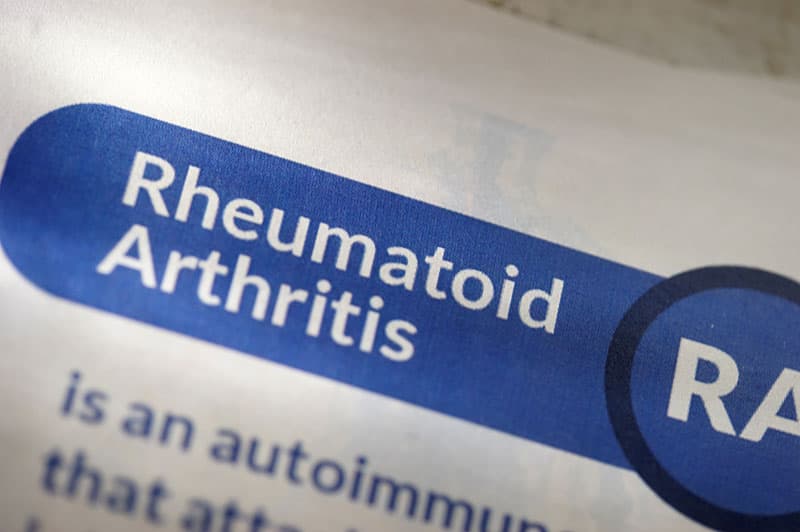Carolina Arthritis Center
At Carolina Arthritis Center, we are committed to providing the best quality and most up-to-date care for our patients Our practice specializes in rheumatologic diseases including arthritis (joint pain and swelling), rheumatoid arthritis, gout, lupus, osteoarthritis and muscle diseases.
Carolina Arthritis Center remains OPEN at this time. We feel it is important to continue providing rheumatologic care to the people of Eastern North Carolina and feel that visits to our office are low risk in light of COVID-19.
We have instituted additional cleaning of patient areas to decrease the risk of any possible COVID-19 transmission. As always, we strive to minimize the time any patient waits in the waiting area and there are no other areas of high patient/staff density in our clinic. We are asking that family members and drivers remain in their cars if at all possible.
Please feel free to call us with any questions.
Thanks and take care.
The following link will take you to a great summary for Rheumatology patients that are looking for answers about the COVID19 vaccines. It was written by one of the doctors at AOCC (a rheumatology practice in Charlotte).
What we know about the COVID-19 vaccines (from CDC 8/16/2021)
Statement from North Carolina Rheumatology Association regarding Coronavirus (COVID-19)
13 March 2020
As we represent the physicians and advanced practice providers (physician assistants and nurse practitioners) that care for patients with rheumatologic disease in North Carolina, we feel it is necessary to make a statement about the Coronavirus (COVID-19) pandemic. Please refer to the links at the end of this document for more information on COVID-19.
First of all, all patients with rheumatologic disease should follow the same common-sense prophylactic measures as the general population to include:
· Avoid close contact with people who are sick.
· Avoid large gatherings if able.
· Avoid touching your eyes, nose and mouth with unwashed hands.
· Cover your cough – cough into a tissue or elbow/sleeve of shirt.
· Wash your hands often with soap and water for at least 20 seconds.
· Use an alcohol-based hand sanitizer when not near soap and water (at least 60% alcohol).
· Clean and disinfect areas you and others touch often.
· CDC does not recommend healthy people wear facemasks for protection (reserve for those with known or suspected infections).
Patients older than 60, including those with other chronic illnesses, are at increased risk of poor outcomes if infected with COVID-19 and should follow more strict precautions to include:
· Stay at home as much as possible if you live in an area where there’s an outbreak.
· Avoid travel.
· In public, avoid crowds and poorly ventilated buildings.
· Keep several feet of distance from people.
· If you need to isolate, keep in touch with family and friends.
· Contact your primary care doctor if you feel that you may be infected or show symptoms of cough, fever and/or shortness of breath.
As of now, the vast majority of rheumatology patients should remain on their arthritis medications. The only exception would be if they are told by their individual rheumatologist to stop or hold a medication. The current feeling is that having well controlled inflammatory disease is the best defense. There is no reason to stockpile medications. A normal 30 to 90 day supply on hand is adequate at this time. Also, there is no reason to stockpile supplies (this applies to clinics and hospitals as well). Such stockpiling contributes to shortages and general panic.
https://www.rheumatology.org/announcements
https://arthritis.org/about-us/news-and-updates/coronavirus-and-arthritis-what-you-need-to-know
https://www.cnn.com/interactive/2020/03/health/coronavirus-tipsheets/older-adults/ronavirus.asp
http://www.patientcareonline.com/news/coronavirus-answers-common-patient-questions
https://www.hss.edu/conditions_rheumatic-disease-and-COVID-19-coronavirus.asp
https://creakyjoints.org/living-with-arthritis/coronavirus-facts-for-chronic-illness-patients
What to expect on your first visit
Plan to arrive 15 minutes early to allow time for initial registration and to provide information on your medical history. Please bring along any medications you are currently taking. We also need information about your insurance coverage.


